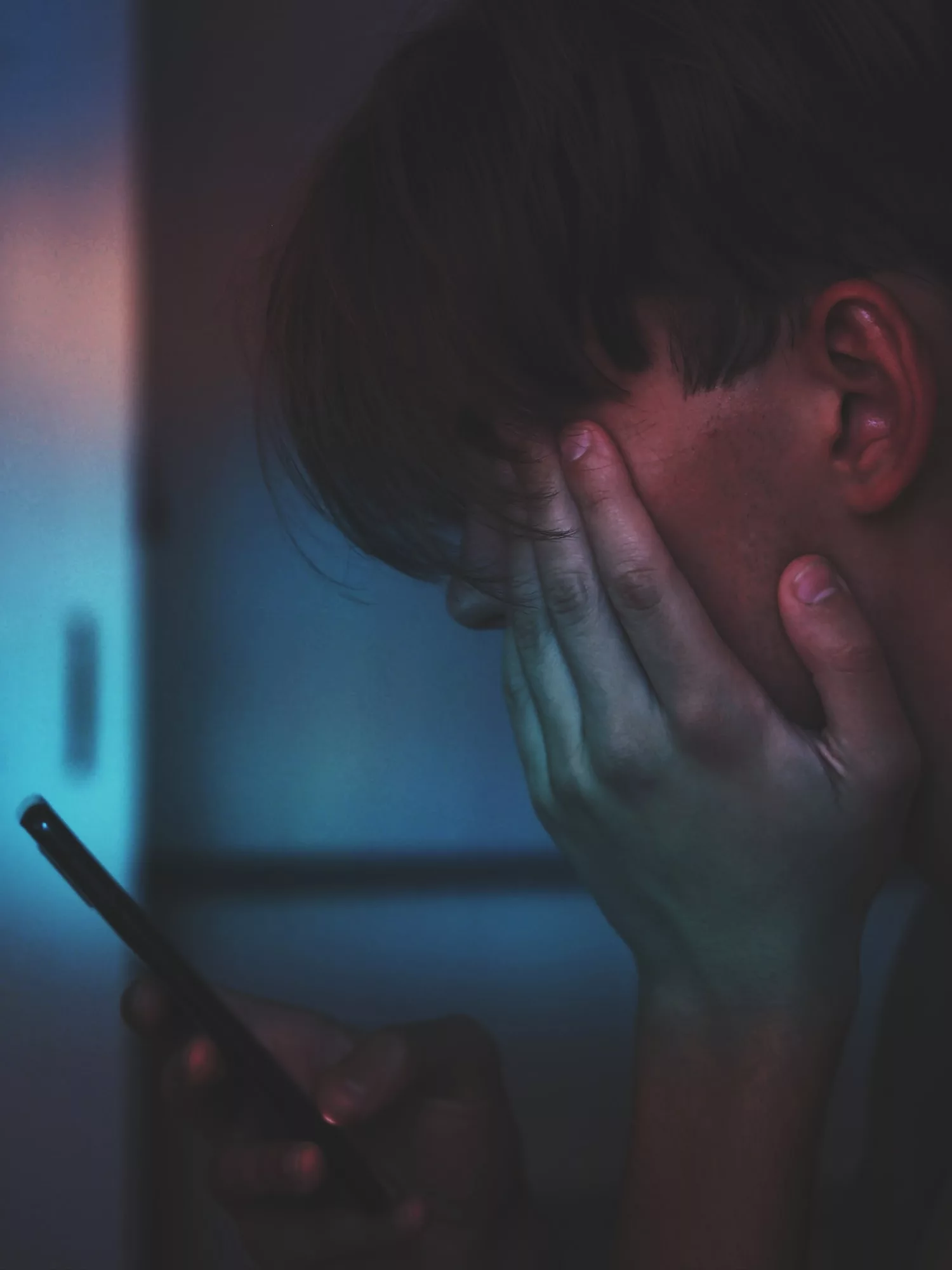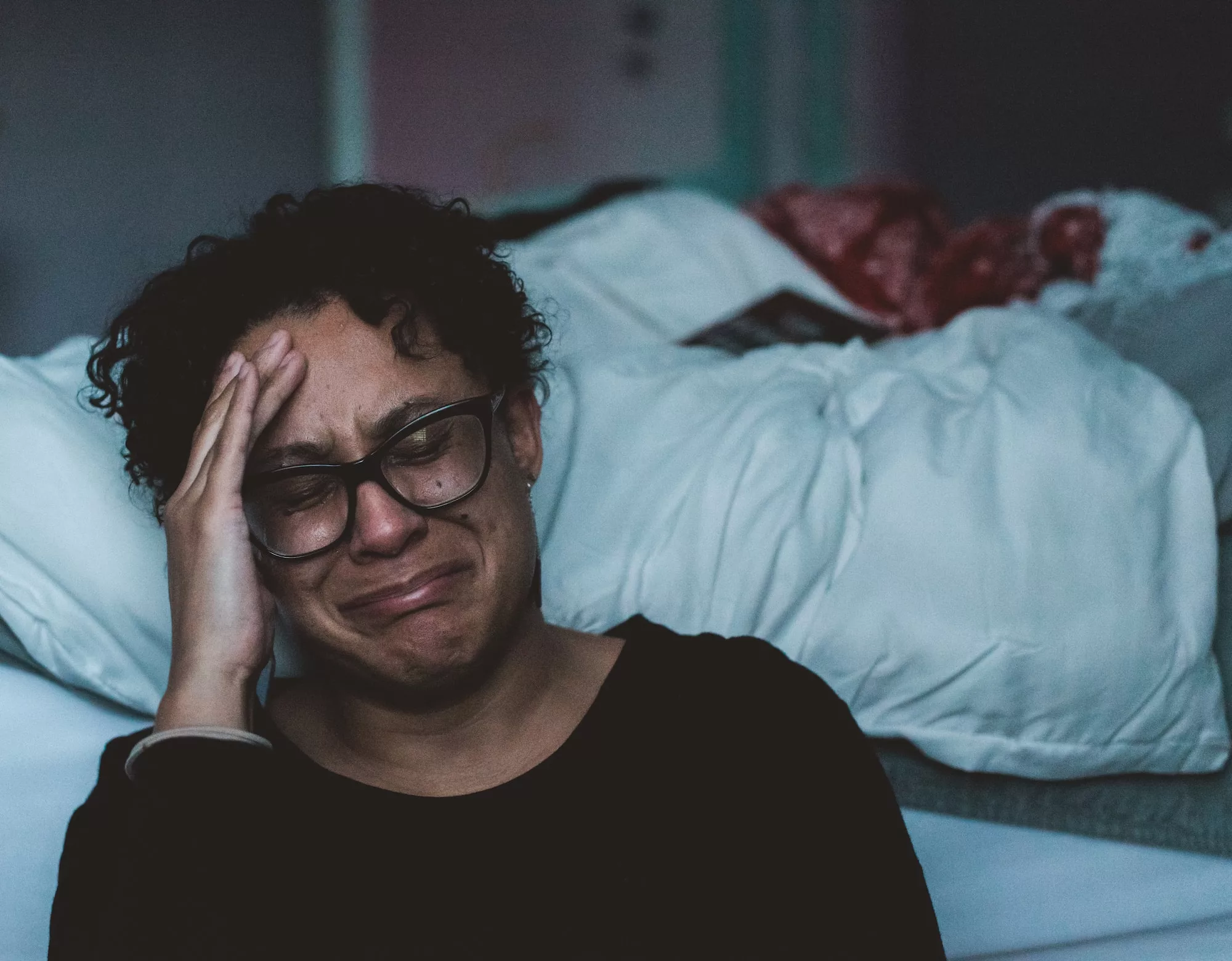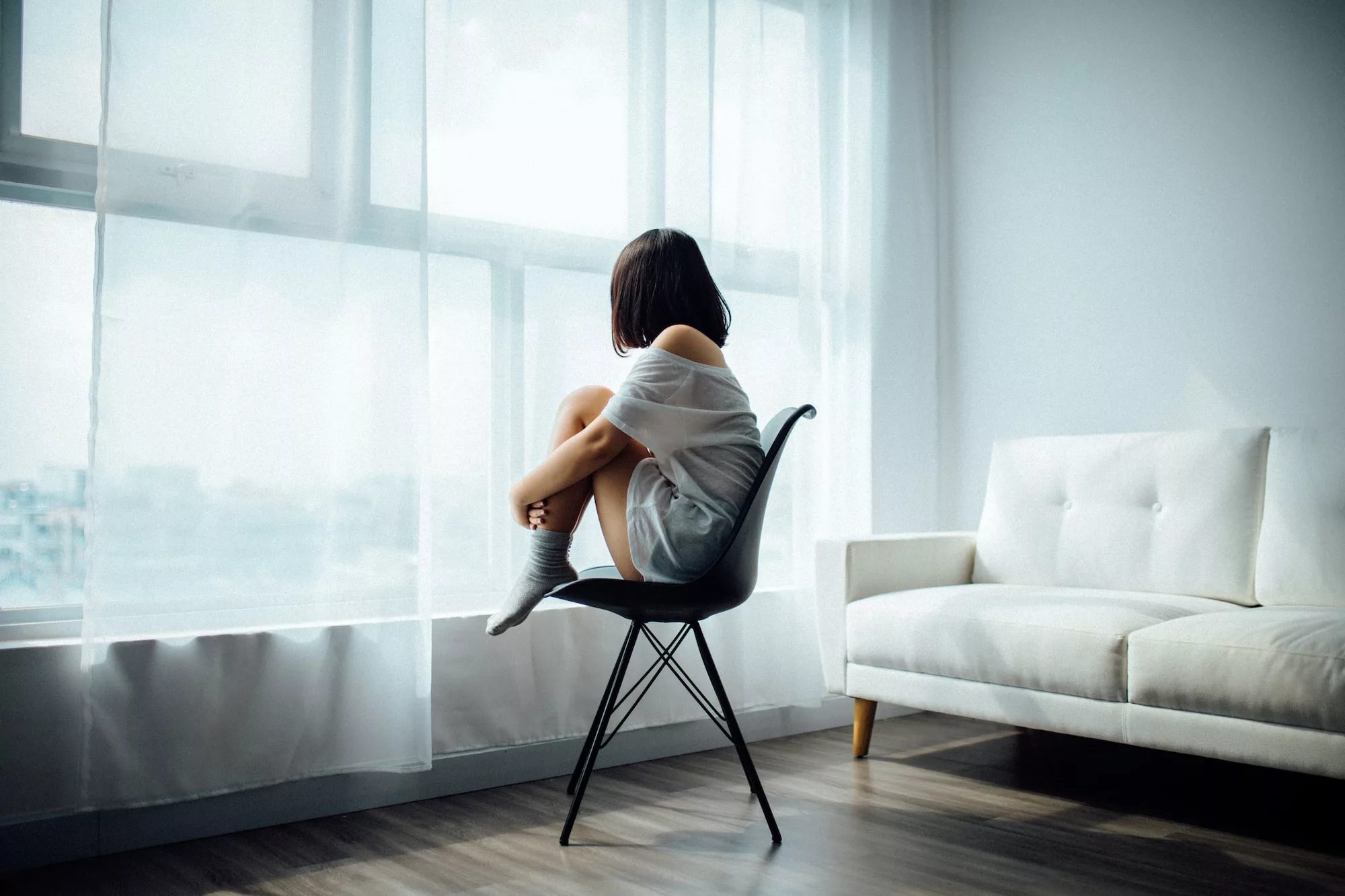It’s normal to feel a little bit down and lonely from time to time, but when these feelings are experienced over a prolonged period, signs could point to depression.
According to concerning statistics on mental health in the UK, almost one in four adults will suffer from at least one mental health condition in any given year. Whether you’re feeling sad and withdrawn, or you’ve noticed that a loved one hasn’t seemed themselves lately, it’s important to be able to spot the early signs.
What is depression?
Depression is the predominant mental health condition across the globe. It’s more than just a feeling of sadness that lasts a few days.
Clinical depression is a disorder largely associated with stress, anxiety, and low mood – but it’s also characterised by a range of different signs and symptoms. Depression affects people in different ways, but in any case, it is a genuine illness and can’t be solved without professional intervention from services like Serenity Healthcare in Colorado Springs and elsewhere. Personalized treatment plans, including medication management, talk therapy, and innovative options like TMS (Transcranial Magnetic Stimulation), may help those who haven’t found relief through traditional methods. Seeking help isn’t a weakness—it’s a vital step toward reclaiming balance and well-being.

What are the signs of depression?
- Low mood
- Intense feelings of sadness
- Emptiness or numbness
- Lack of emotional connection
- Showing little interest in socialising
- Neglected self-care and lack of ambition
- Avoidance of tasks and responsibilities
- Overwhelming feelings of guilt, failure, and hopelessness
How can I seek help for depression?
If you or someone you care about is showing the signs of depression, taking steps to get help might feel overwhelming. Above all, try to remember that there’s no shame in seeking support for a mental health concern.
Any conversations you have with a therapist must remain confidential and they should be covered by counsellors’ insurance.
The sooner you can open up and address the issues you’ve been dealing with, the sooner you’ll be provided with the tools and resources that could kickstart a full recovery. Your first steps could be to:
- Talk to your GP and gain a diagnosis
- Take medication if you’re prescribed it
- Speak to a licensed therapist for CBT or another specialised therapy

What does depression feel like?
No two experiences of depression are the same, even though the same signs can be seen in different people. For some, depression is characterised mainly by a lack of interest in activities or hobbies that they used to enjoy, replaced by apathy. Others might feel angry, frustrated, confused, or isolated.
Depression might manifest through failures or unexpected behaviours in someone’s personal or professional life. From gambling to alcohol abuse, depression can trigger people to turn to unhealthy coping mechanisms and distractions – because facing their pain feels too overbearing.
Some individuals are more prone to making impulsive decisions when they’re depressed, and others might experience intense worry – which could cause anxiety and panic attacks.
Final thoughts…
Depression is experienced in different ways, so finding the right type of support can take time. Please note that while we’ve offered general advice in this guide, you should always consult a professional if you have immediate concerns about your own mental health or that of a loved one.
